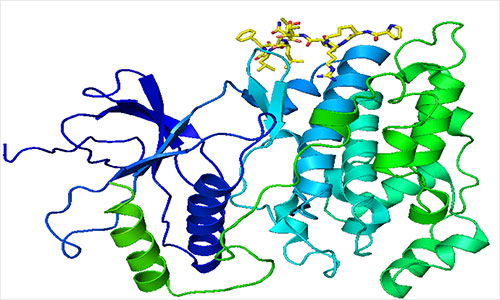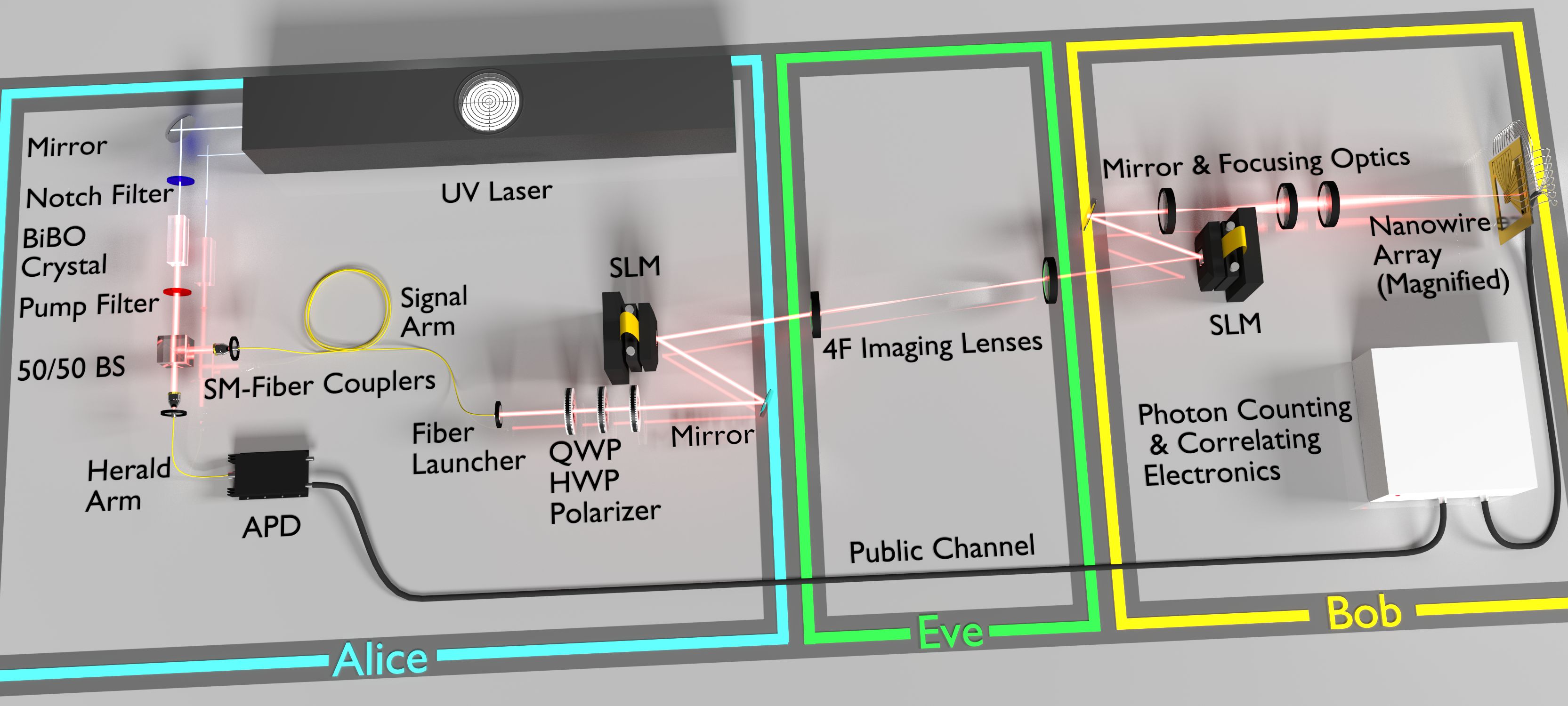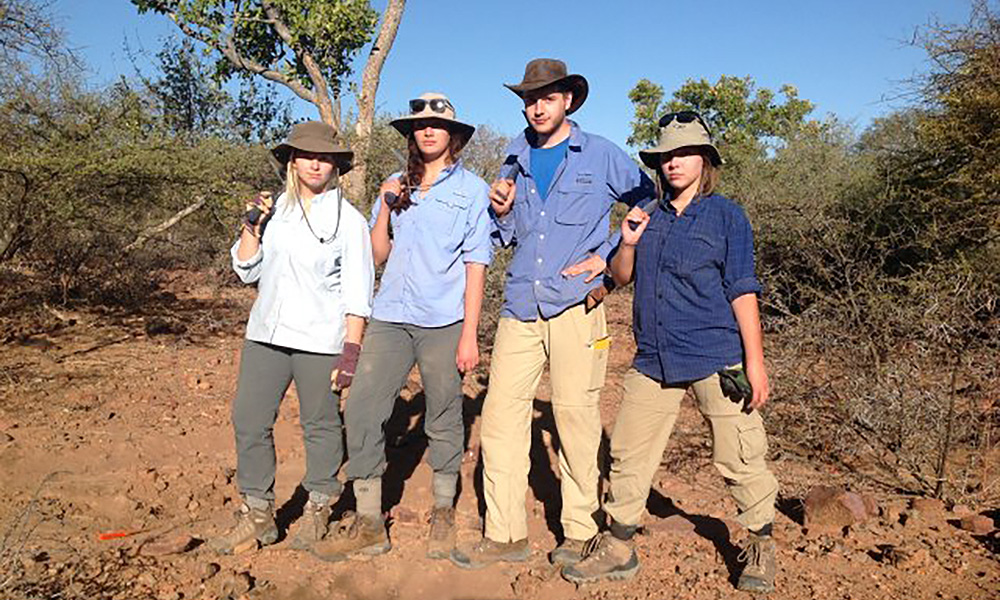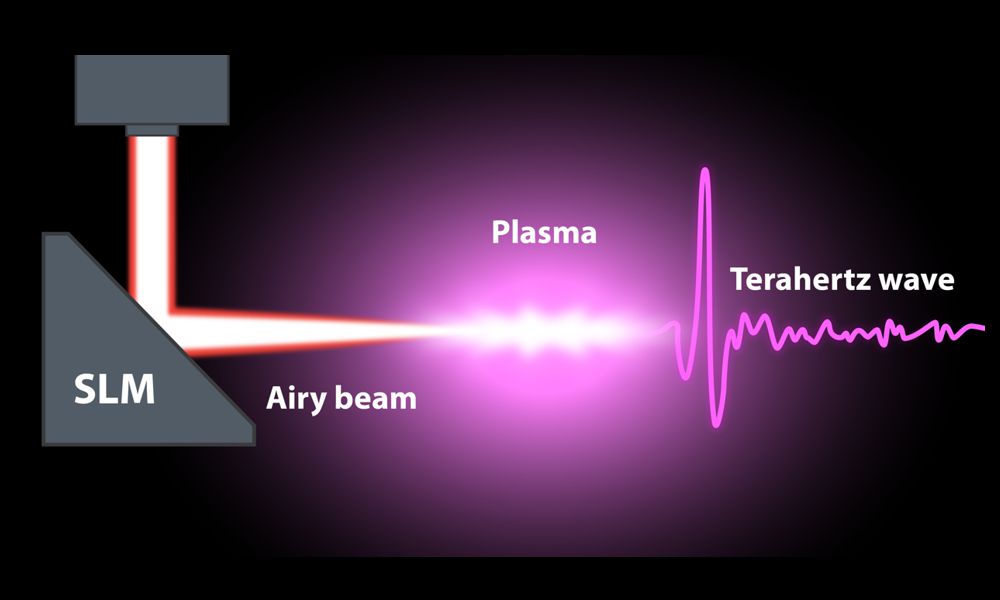
Tales of history, morality highlight Polish Film Festival
Murder. Adultery. Theft. Those are three of the themes explored in the 2016 Polish Film Festival. Organized by the Skalny Center for Polish and Central European Studies, the festival is now in its ninth year.

Protein found that initiates DNA repair
Researchers who specialize in the study of aging have identified a protein that may serve as a first responder, activating a “longevity gene” known as sirtuin 6 and setting in motion a cascade of molecular first responders to repair damaged DNA.

Enigma Machine takes a quantum leap
Researchers have developed a “quantum enigma machine” to improve on data encryption. The device manipulates photons to create an unbreakable encrypted message with a key that’s far shorter than the message—the first time that has ever been done.

A first for direct-drive fusion
Experiments have created the conditions capable of producing a fusion yield that’s five times higher than the current record laser-fusion energy yield. The new work represents an important advance in a long-standing national research initiative to develop fusion as an energy source.

Ehsan Hoque: MIT Technology Review ‘Innovator under 35’
Ehsan Hoque, assistant professor of computer science, is in rare company. The editors of MIT Technology Review have named Hoque one of this year’s “innovators under 35”—an honor that has…

Searching for more insights on Earth’s magnetic field
Geophysicist John Tarduno has taken a group of students to Africa and Australia this summer to continue his groundbreaking work on the strength and direction of Earth’s magnetic field. The students are live-tweeting from their research sites, sending photos from the field.

Stronger terahertz waves allow safer detection of hidden objects
Terahertz (THz) waves are capable of sensing and imaging objects behind barriers, making them a promising tool for Homeland Security and other law enforcement agencies.

Fate of marine carbon confirms importance of polar oceans
A new study shows that the polar seas are much better than other regions of the ocean at trapping carbon from marine plankton.

Neidig recognized by Department of Energy
Assistant professor of chemistry Michael Neidig is one of 49 scientists to be recognized this year by the Department of Energy as one of the nation’s “exceptional researchers” in his or her “crucial early career years.”

Making the case for life on other planets
How can we calculate the likelihood of technological civilizations having existed on other planets? That’s a question Adam Frank, professor of astronomy, considers in an essay, “Yes, There Have Been Aliens,” published in the New York Times.

